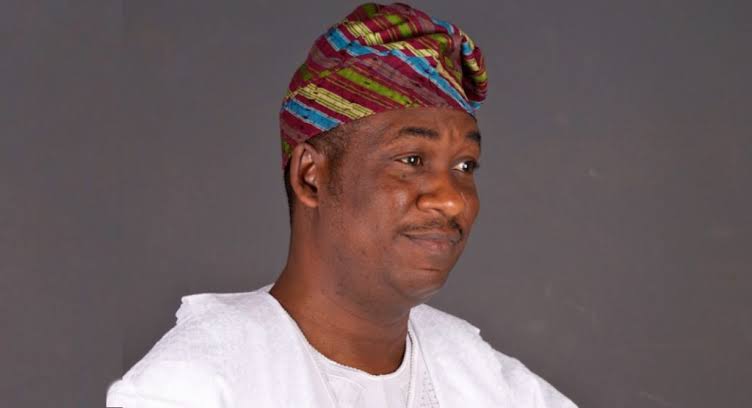Lagos State Deputy Governor, Dr. Kadri Hamzat, has reeled out several efforts being put in place by Governor Babajide Sanwo-Olu’s administration, in a bid to secure food sufficiency in the state as well as Lagos as a hub for agricultural distribution nationwide.
The deputy governor stated this on Wednesday during a live interview, anchored by Channels Television, noting that the state’s five-year agricultural plan aimed to address food security by developing sufficient storage infrastructure for agricultural produce despite the state’s limited land mass challenge.
This was just as he noted that Lagos does not have the same land mass as some other states, like Ogun with about four times the size of Lagos in terms of land, “but has more people with the capacity to consume more food and beef than any other state,” saying that it behoves on Lagos to ensure food security.
“One of the challenges faced in the agricultural sector in Lagos is the inability to provide enough agricultural products for the people and store enough to make the products available across the state,” he lamented.
On the different initiatives put in place by the present administration, Hamzat disclosed that the government had established the Imota Rice Mill with 16 silos, while collaborating with different states such as Niger, Kebbi, Kwara, and others to secure paddings that would aid produce of over a million 50 kg bags of rice annually.
The deputy governor noted that the T.H.E.M.E.S+ Agenda stands for various pillars; saying that the T stands for Transportation and Traffic Management, just as he highlighted that “traffic management was key because Lagos is a state with a high density of humans, occupies 0.4 percent of the land, and takes care of 10 percent of the entire population, which automatically means that there will be traffic.”
Besides, he noted that in a bid to solve the traffic problem in the state, the government had diversified into other transportation systems, including water and rail.
He added that the present administration had recently launched 15 new ferries with 40 seats that were built in Lagos, saying that the state government had removed many roundabouts to also address the traffic challenge.
“We encourage people to go on ferries and trains. The idea for us is to increase from one percent passengers for rail to maybe 15 percent and water also to 15 percent. Which means 30 percent on other transport means and 70 percent on the road to reduce the pressure on our roads,” he said.
On making Lagos a 21st-Century Economy, Hamzat assured that the Sanwo-Olu’s administration was committed to increasing the economic activities in the state as it improves the state’s GDP, adding that since the inception of the administration, the government had empowered over 143,000 SMEs.
“If the basket is bigger, then the state can have enough money to spend on other infrastructures,” he said.
Speaking further, Hamzat emphasized that the present administration was currently planning out the 2025 budget, saying that the state officials were currently going around to compile the needs of the different communities within the state.
According to him, the present administration prioritizes securing the lives and property of its citizens, reiterating that the state government had continued to support the security agencies in securing security gadgets to make sure that the state was secured and also to propel economic activities.
The deputy governor equally emphasized that the government was committed to providing adequate health facilities, stating that it was building a huge facility in the different divisions of the state such as a 500-bed space hospital in Ketu-Ejirin in Epe.
While commenting on the upcoming nationwide protest, Hamzat wondered what benefits violent protests had brought forward other than destruction of assets, making people lose their businesses, and inflicting pains on fellow citizens, and not the government.
“How have we gotten to a stage where we destroy things meant for us? It means something fundamentally has changed. We just destroy assets, make people lose their businesses, and inflict pains on fellow citizens, and not the government,” he said.
The deputy governor bemoaned the nation’s values, which he said was declining and, therefore, the need to ensure that everyone collectively strives to take it back, urging religious and traditional rulers on “need to do a better job.”
NIGERIAN TRIBUNE
